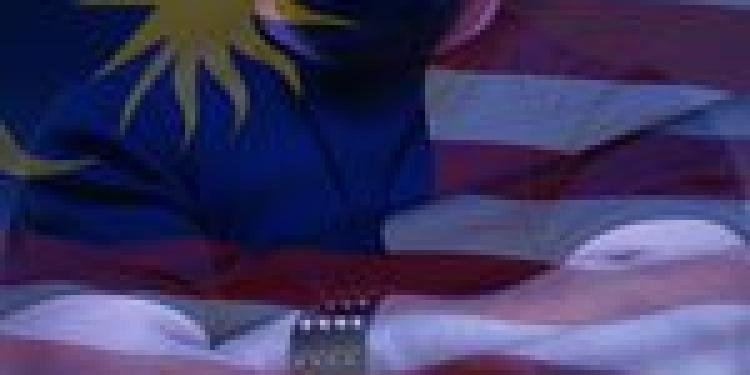Bouncers Employed to Stop Muslims from Gambling in Malaysia
Posted: December 2, 2013
Updated: October 4, 2017
Local Government in Malaysia Employs Religious Officers to Prevent Muslims from Entering Betting Shops

In a rather interesting piece of gambling news, Muslims in Malaysia may well find it pretty impossible to place any bets anymore, as the state government in Malacca has announced the stationing of religious officers outsider betting shops, specifically targeting Muslim gamblers.
While the spiritual well-being on those Muslims afflicted by the gambling bug is surely at the forefront of the government’s mind, this last ditch effort seems a bit heavy handed, even for a strict Muslim country. Considering the fact that Malaysian gambling laws prohibit gambling online, too, it’s no surprise that a number of illegal gambling dens have popped up across the country.
This banning of gambling is not restricted to Malaysia within Asia, but usually the reason given isn’t religion. Saying that, the opening of a number of betting shops in predominantly Muslim communities definitely showed a lack of foresight on the part of the owners.
There is a different perspective on one of Malaysia’s islands, however, as the residents of Mabul Island have been heavy social gamblers for a long time, despite their Islamic faith. In fact, these locals play a game called tikam-tikam, otherwise known as the guessing game, from a young age and for real money. While they may not be converted to mobile casinos, this is definitely one form of gambling.
Malaysia’s strict Muslim core has raised its head above the gambling parapet many times before, however, so this latest move should come as no surprise. In June this year, clerics from two mosques in George Town demonstrated outside a number of betting shops, broke in, and proceeded to smash up the gambling machines.
Of course, gambling isn’t actually illegal in Malaysia, and is an activity enjoyed with regularity by the country’s non-Muslim population. Whether this remains to be the case, however, is to be seen.











